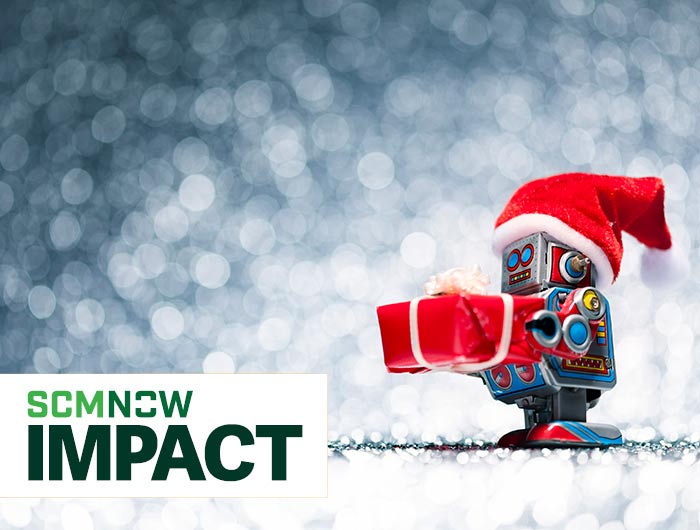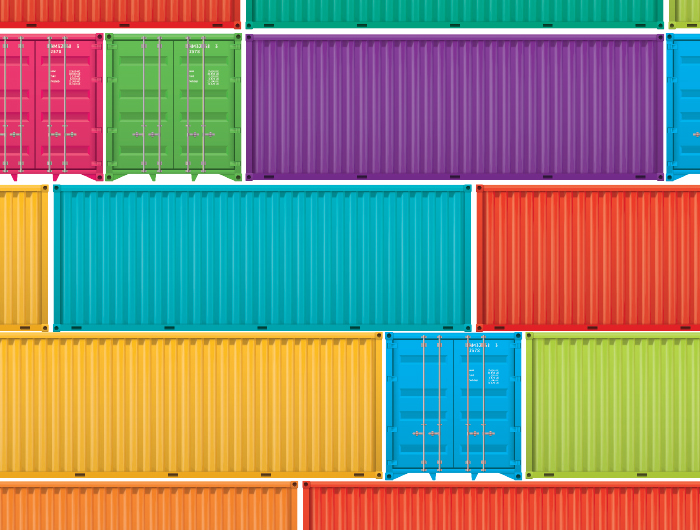The importance of social responsibility, economic sustainability and ecological stewardship continues to intensify for corporations around the world. A Washington Post article highlights this development with an in-depth look at child labor in the cocoa industry. The Wall Street Journal examines how Bayer is working to earn back consumer confidence after thousands of lawsuits alleged that Roundup causes cancer. And Bloomberg reports that Gap Inc. is acknowledging problems associated with the garment industry’s extraordinary water requirements.
“Cocoa’s child laborers” shines a light on “an epidemic of child labor that the world’s largest chocolate companies promised to eradicate nearly 20 years ago.” The story centers around five boys, ages 13-15, who work on a cocoa farm in the Ivory Coast making 85 cents a day. They crossed the border from the impoverished nation of Burkina Faso to earn money for their families.
In addition to those whose parents send them away, at least 16,000 children are trafficked into the cocoa industry each year, according to a 2018 Tulane University survey.
A cocoa farmer told the Post that he agrees the situation is wrong but has no alternative. “The low price for cocoa makes life difficult for everyone,” he explained. Ivorian cocoa farmers’ annual household incomes are around $1,900 — significantly below World Bank poverty levels.
“Chocolate companies missed deadlines to uproot child labor from their cocoa supply chains in 2005, 2008 and 2010,” the article states. “As a result, the odds are substantial that a chocolate bar bought in the United States is the product of child labor. About two-thirds of the world’s cocoa supply comes from West Africa.”
Indeed, Mars can trace only 24% of its global cocoa supply back to farms; Hershey and Nestlé about half.
Meanwhile, “Bayer to Invest Billions in Weedkillers in Wake of Roundup Controversy” states that the chemical giant is in “one of the worst crises in its 155-year history. The company has lost the first three jury trials to plaintiffs claiming Roundup gave them non-Hodgkin lymphoma, with the highest award topping $2 billion.”
In response, Bayer says it will offer more choice for growers and cut its environmental impact 30% by 2030 with new technologies, more precise weedkillers and enhanced product-safety transparency.
At international clothing retailer Gap Inc., the focus is on the curtailing the garment industry’s tremendous water usage. In “Gap Targets ‘Borderline Irresponsible’ Water Use With India Hub,” author Jordyn Holman says the business is collaborating with textile manufacturer Arvind Ltd. to open a facility in Ahmedabad, India — a nation in which 70% of the water is contaminated and 75% of people don’t have access to clean drinking water in their homes. The partnership will study ways to reduce water waste in garment production.
According to Arvind, its denim mill consumes 8 million liters of fresh water every day — more than three times an Olympic swimming pool. The new facility aims to use enough wastewater to save 3 billion liters of fresh water by the end of 2020.
A tool for supply chain excellence
The Washington Post story also cites industry insiders who say that, when corporations including Hershey, Mars and Nestlé made the promise to eradicate child labor, “the companies had little idea of how to do so.” A recent ASCM report had similar findings: 83% of industry professionals consider supply chain ethical dimensions either extremely or very important, yet fewer than four in 10 companies are monitoring their networks for ethical practices.
That’s where ASCM’s Enterprise Certification comes in. This pioneering certification will help corporations assess the ethical, ecological and economic aspects of their supply chains. Criteria focus on anti-corruption, human rights, enterprise risk management, climate strategy, product life cycle stewardship and more. The standards serve as both metrics and a diagnostic tool, providing insights into supplier quality, development and selection, as well as where continuous improvement and supply chain strategy can offer key advancements.
Learn more about how earning the Enterprise Certification can help your organization showcase its supply chain excellence, become more responsible and sustainable, and tap into the power of supply chain to address pressing global issues.



